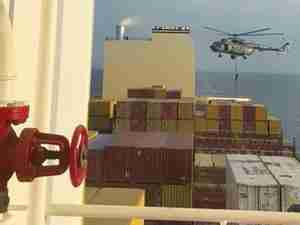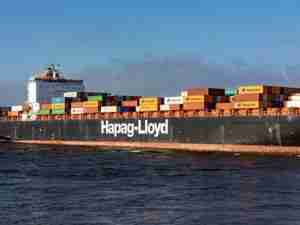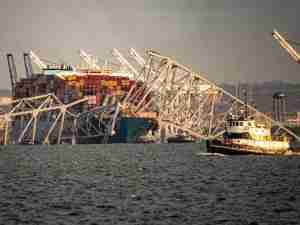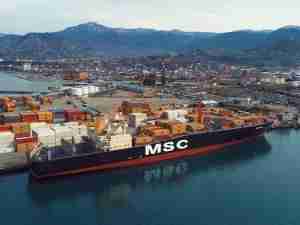The Trust needs to raise up to '2m (US$3m) in order for the planned refit to be completed within a 12 month time frame. Thomas Miller is contributing '250,000 (US$375,000) from its own resources and has already raised a similar amount from its friends, employees and business associates even before the official launch of its appeal on 17 June. The Government of Malawi is also expected to make a substantial contribution towards the local labour costs.
Half a million people living long the coastline of Lake Malawi, which is 560km long and 75km at its widest point, have neither access to health care nor medical protection from malaria, tuberculosis, dysentery and HIV-Aids. Malawians seeking medical attention currently paddle dugout canoes up to 80km to reach medical aid, risking fatal attacks by hippos and crocodiles.
Chauncy Maples was built in Glasgow in 1898 for British missionaries working in Central Africa and was named after the Bishop of Nyasaland who drowned in a storm on Lake Malawi. Shipped to Mozambique in 3,481 small parts plus an 11 ton boiler mounted on wheels, the vessel components were subsequently moved by river and then overland, local tribesmen carrying and dragging them the final 100 miles to the lakeside for assembly.
The two year rebuild was well documented and photographed. Since then, Chauncy Maples has served as a gunboat, a trawler and even a refuge from Arab slave traders. Until recently, she has been administering to the needs of the local population as a bar, a far cry from what is now envisaged for her future.
'According to Thomas Miller director, Mark Holford, the trust is not only seeking financial contributions:
'Several potential donors have already come forward to ask whether they can offer more practical support by way of equipment or services. We are already in detailed discussions with a major manufacturer of diesel engines who we hope will offer us a new main engine on favourable terms.'
Currently Chauncy Maples is fitted with a Crossley diesel engine that itself replaced the former steam plant in1967. The original steam machinery is now in a museum in Malawi while the last boiler languishes in shallow water at the side of the lake. Originally Chauncy Maples was fired using local timber.
Thomas Miller's Chairman, Hugo Wynn-Williams, explained the background to the company's decision to support the Chauncy Maples project:
'In former days, organisations would celebrate major anniversaries with lavish parties and dinners but even before we all felt the full impact of the current global recession, there was a growing feeling amongst the more forward-thinking companies that it would be more appropriate to devote time and resources to projects that benefit the community.
'In Thomas Miller's case, we were looking for a project that reflected not only our global reach and our maritime heritage but one that would appeal too to our UK clients such as members of the legal profession, patent agents, housing associations and pension fund trustees. The Chauncy Maples project ticked both boxes ' and a host more.'
Chauncy Maples is owned by the Government of Malawi and Malawi State and President Ngwasi Dr Bingu Wa Mutharika has announced his full support for this unique undertaking in the fifth poorest country in the world.
Patrick Zimpita, Director of Planning, Ministry of Health, Malawi, believes that the Chauncy Maples project is important because it fits into the Government's key objective to ensure access and availability of heal









